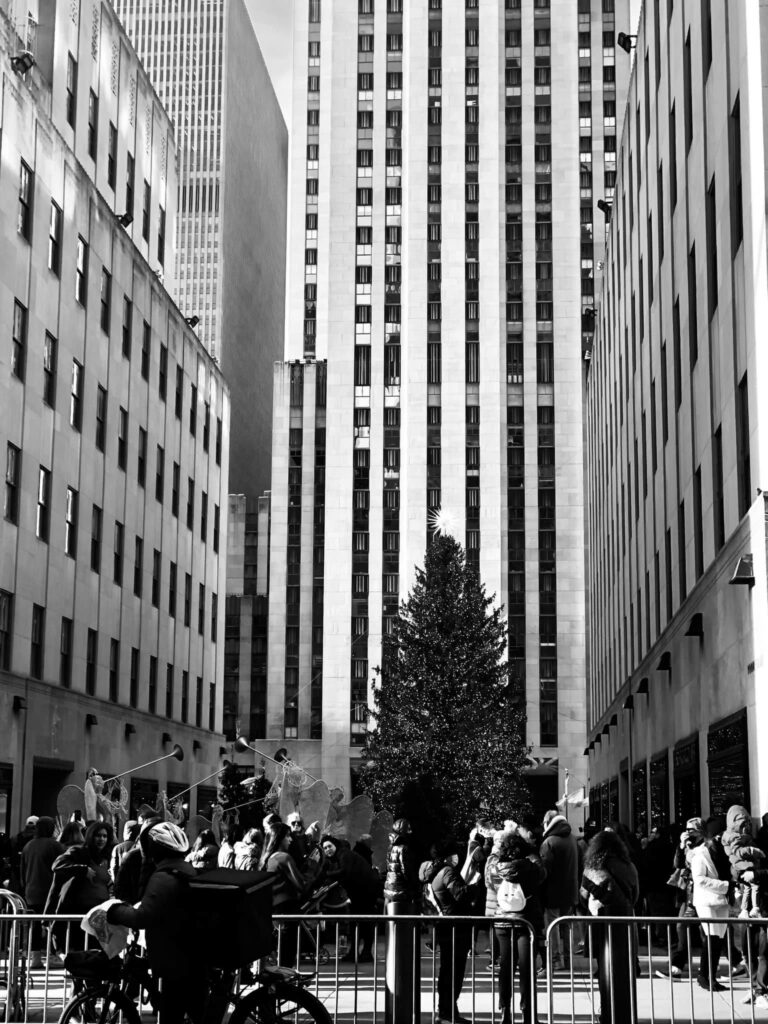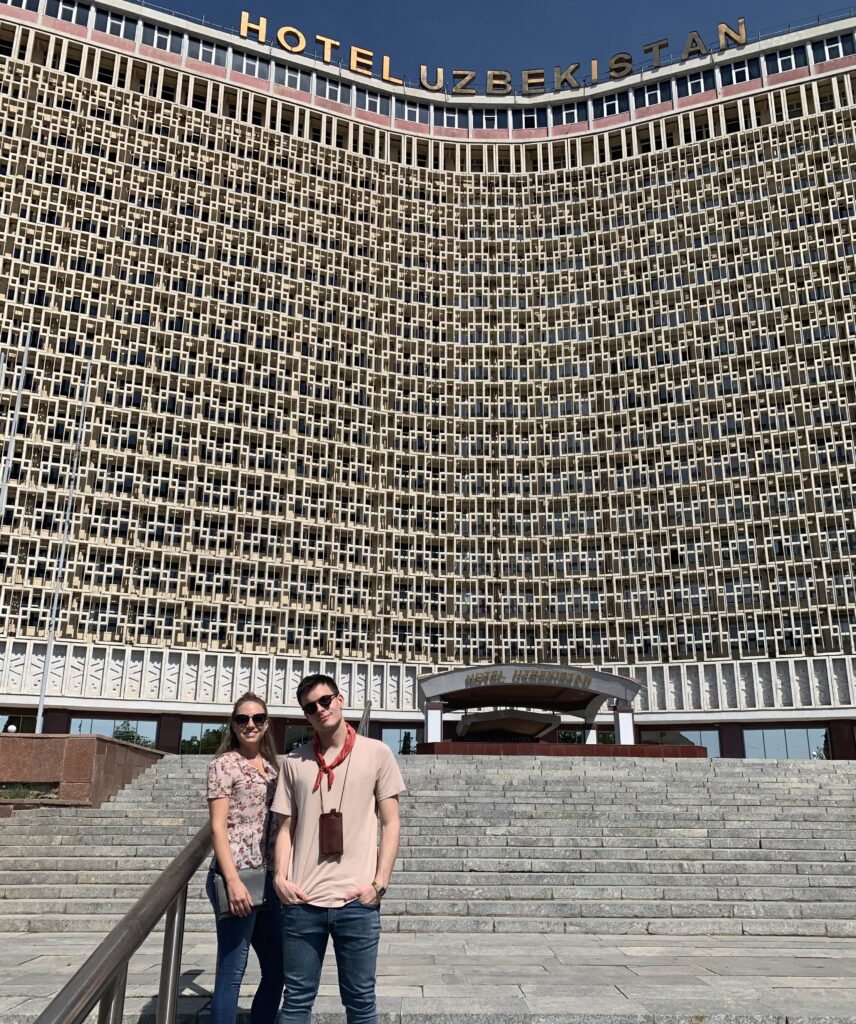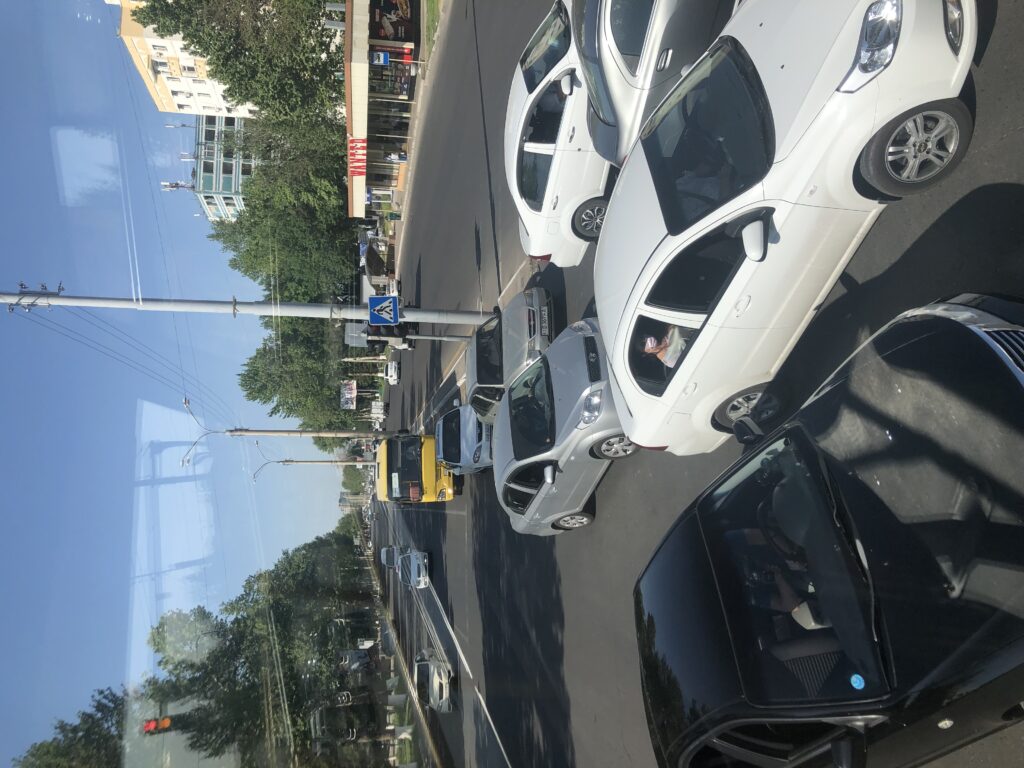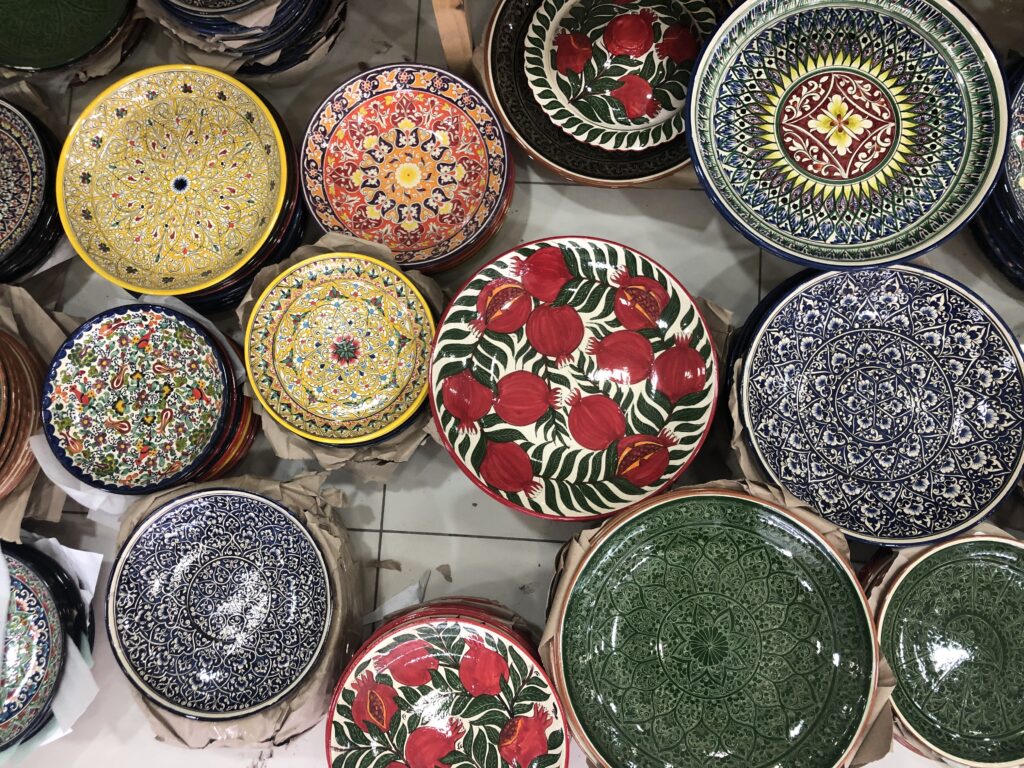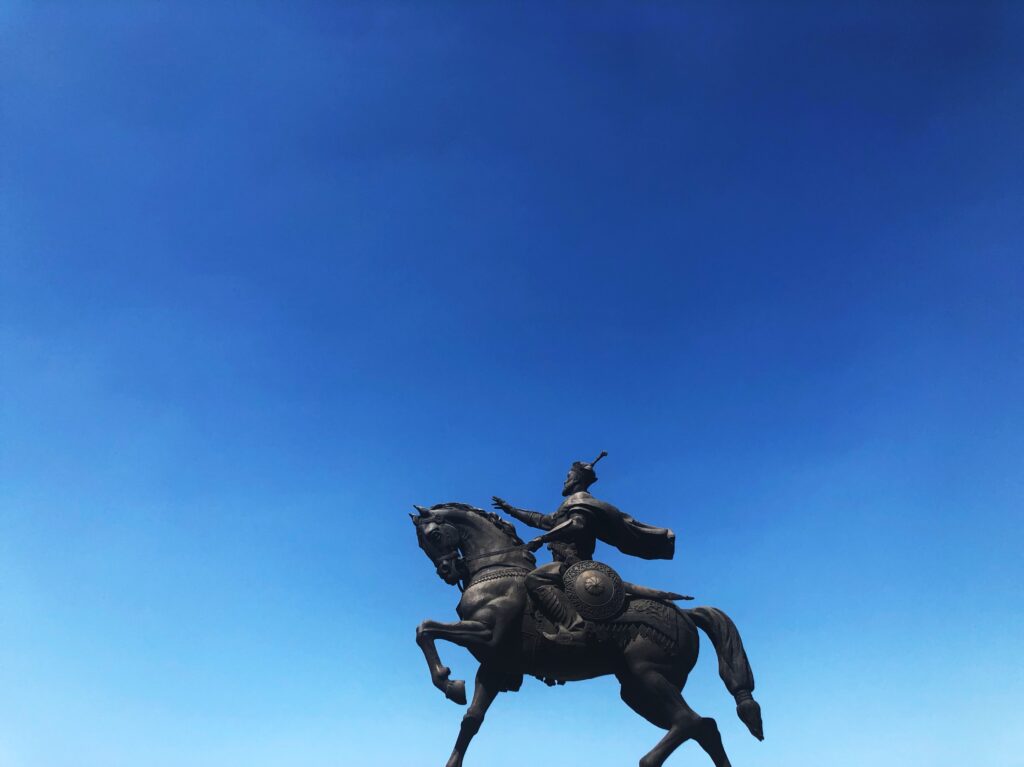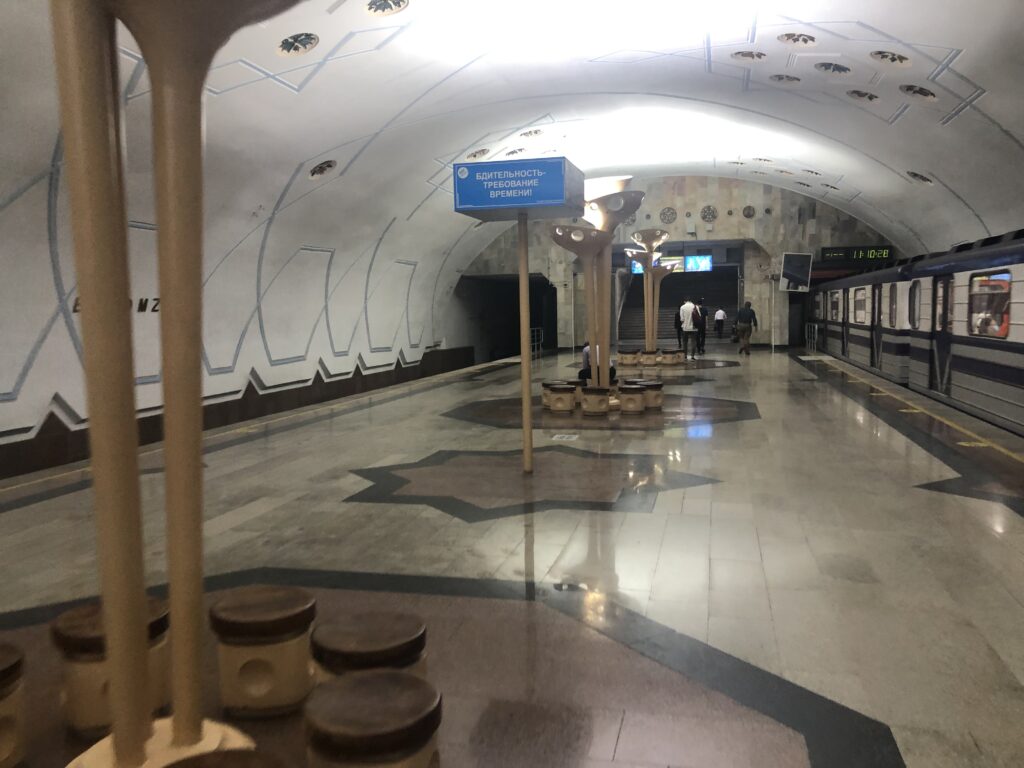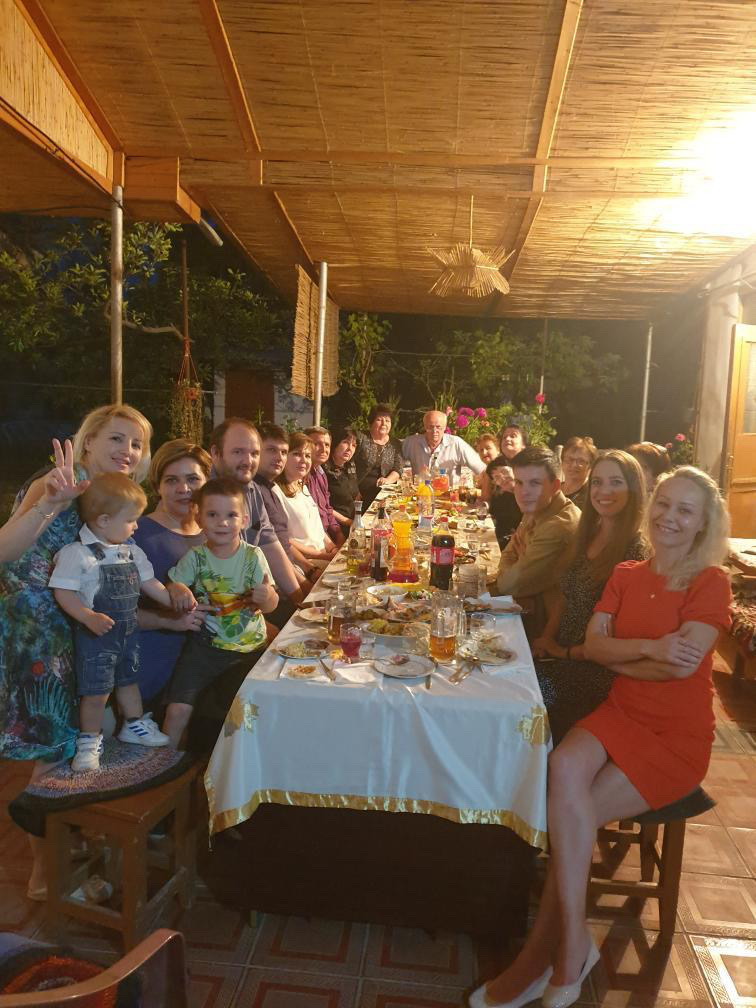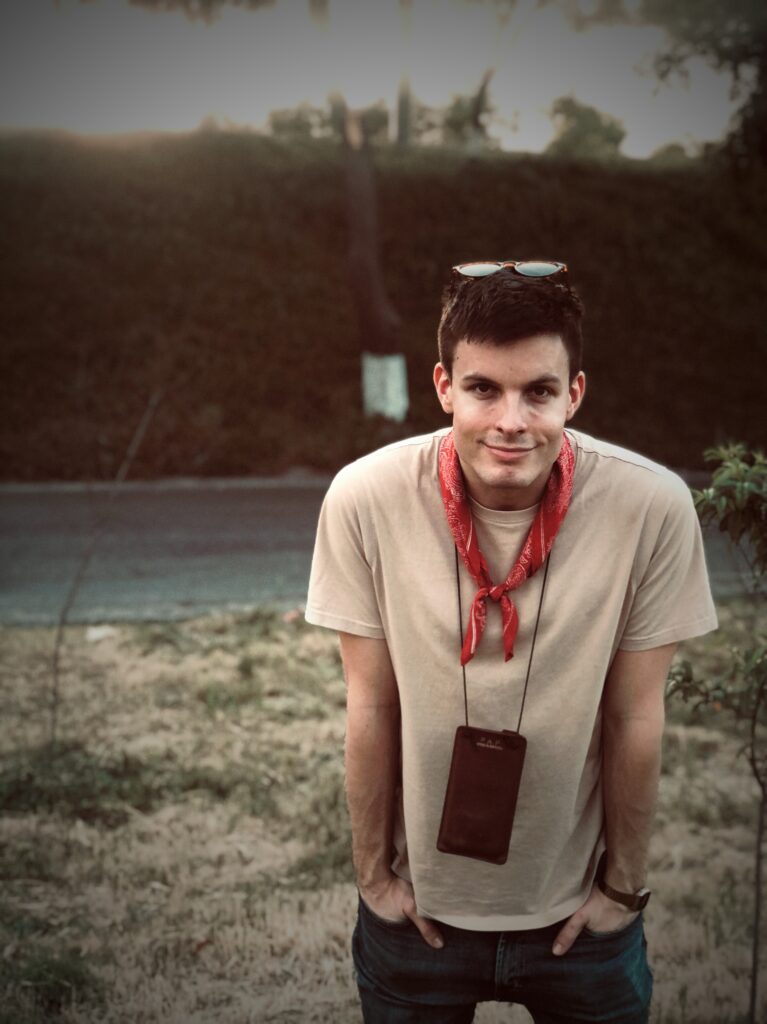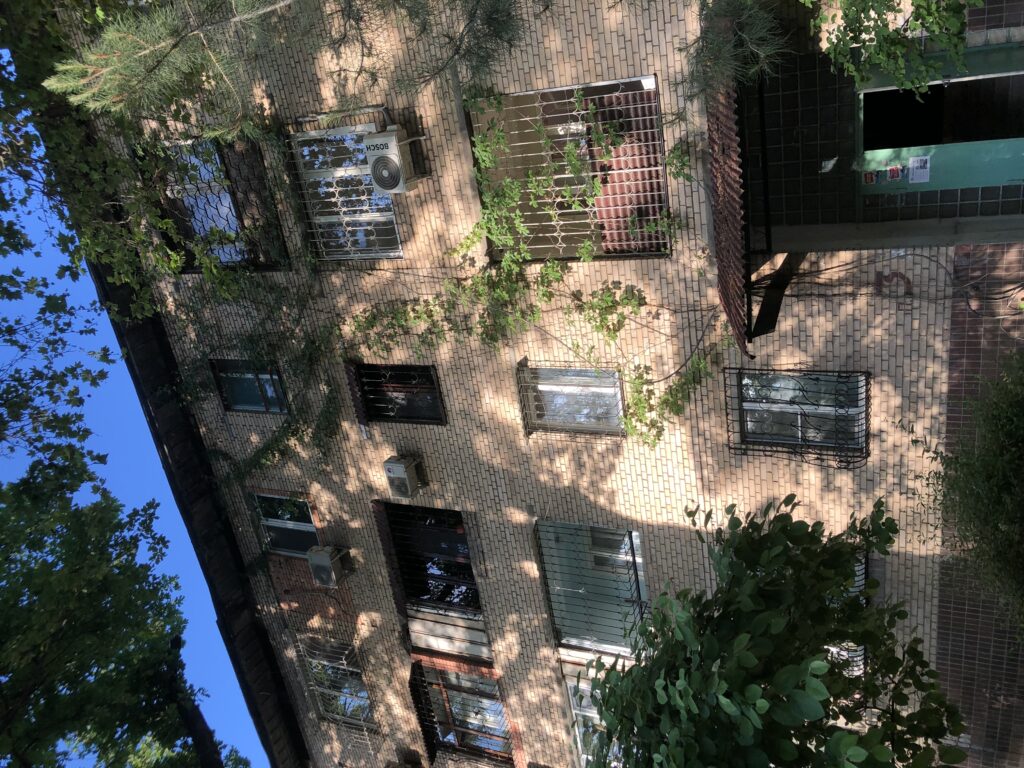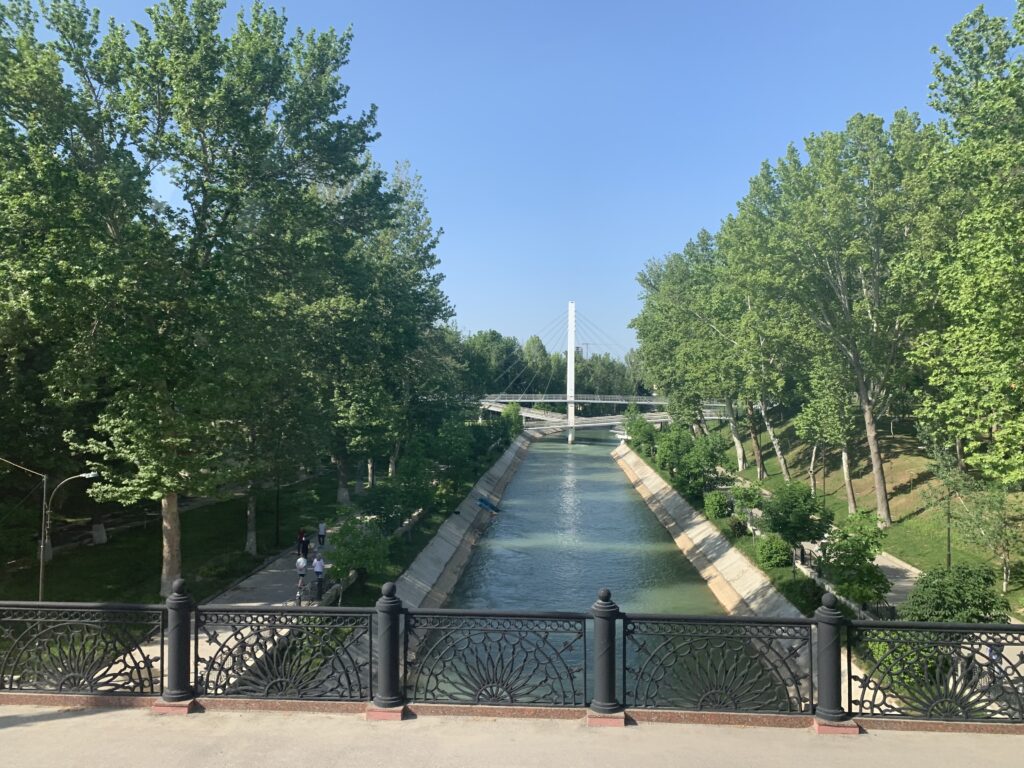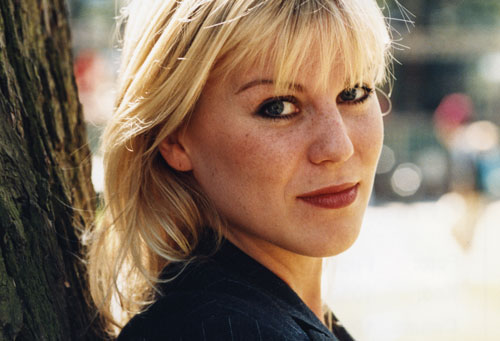Working with people is amongst the most difficult things anyone can do, and at the same time, it can be the most rewarding vocation of them all, regardless of in what capacity you do it. And perhaps even more so when you work in a multicultural environment. You learn firsthand that we are all different, and how that’s oftentimes the beauty of it all. Sometimes are differences clash, and that’s always the learning curve. We might not share the colors of our skins, the fates we hold, or the backgrounds we come from, but we’re all just human beings who basically all want the same thing and that is to feel that what we do has a purpose, to love and to be loved and that the people around us are well and safe. It’s as easy as that, and at the same, sometimes it couldn’t feel more difficult.
It’s no coincidence that as good as all my Swedish friends have always said that Ukrainians are something special. I’ve always felt it as well. Over the years I’ve met so many truly incredible Ukrainians that have all left a lasting impression on me, that I will never forget. I know that many of them are reading this now, as we’ve become friends. It’s funny somehow because, except for the colors of our flags and the fact that we’re all Europeans, it would seem far-fetched to claim that we have a lot in common by default. On the paper, we don’t really. And at the same time, it seems like we always have so incredibly much in common. Few people are as witty in their ways, generous with their time and so remarkably progressive in their way of thinking. I know one shouldn’t generalize, but now I do, and I do it with love and from experience. I suppose that’s why I feel so affected by everything that’s going on. Not because it feels close to home, but because it is. And that is one most important lesson I’ve learned, that if the people close to me are not doing okay, then I’m not doing okay either.
Wars rage every day. Every day people have to give up their homes and flee for their lives. Every day people have to leave everything to seek refuge in an unsure future, and if lucky, build a new life far away from everything they consider to be home. Every day families are split up to never be reunited again and it’s so common it’s barely newsworthy anymore. Such is the world we live in. Every day terrible things happen to people not deserving it because they have beliefs, convictions, and pride that others simply cannot accept. Tragedy and misery are all around us all the time, but often we choose to ignore them. Not because we don’t care, but maybe because we don’t know how to. It’s so easy to switch the channels from something happening thousands of miles away, in countries we’ve never been to where people live we think we have nothing in common with. We refrain from asking questions because we’re scared of the answers, and instead, we scroll past, we mute and we turn our heads away from realities so different from our own, simply because we tell ourselves that it has nothing to do with us. Until it does.
I think a lot of people can relate to the feeling of being completely on edge right now. So receptive to everything that happens, everything people say, and everything they do. One moment you laugh and the next you cry. One moment you’re filled with hope and in the next dispair overpowers you. And at the same time, being caught in a kind of emotional vacuum, not being able or willing to really process anything of what’s going on, because you know that at any given moment a new tragedy can occur, and if you allow yourself to give in to gruesome stories that surround you, you will be of no help to either themselves or the people that need you the most…
In the meantime, we do what we can, donate what we spare, share what needs to be seen, heard, and read, and we pray for a more wonderful world tomorrow.
#withukraine #freeukraine #ukraine

